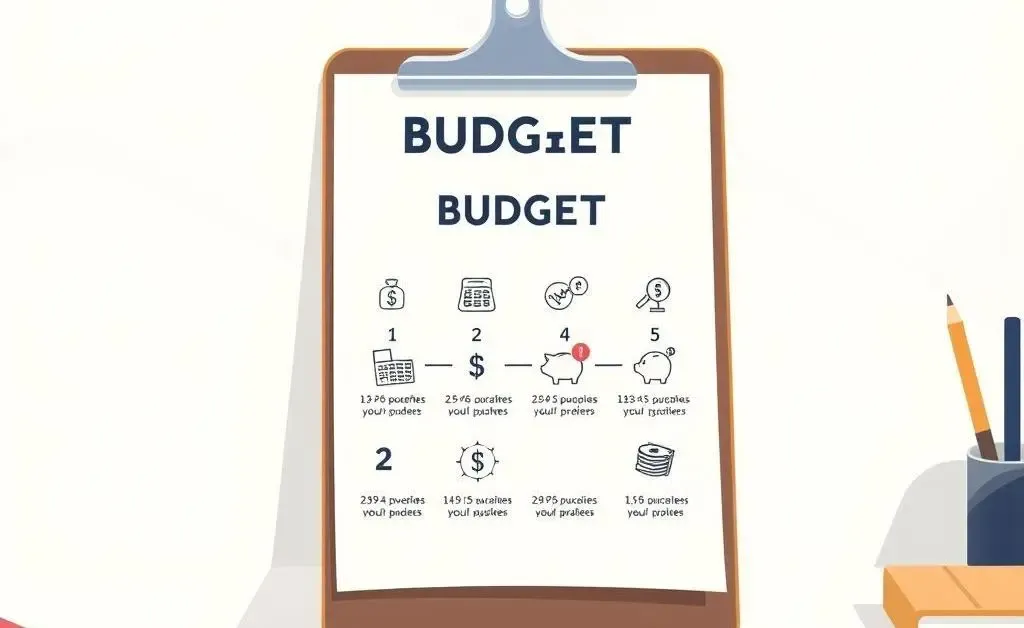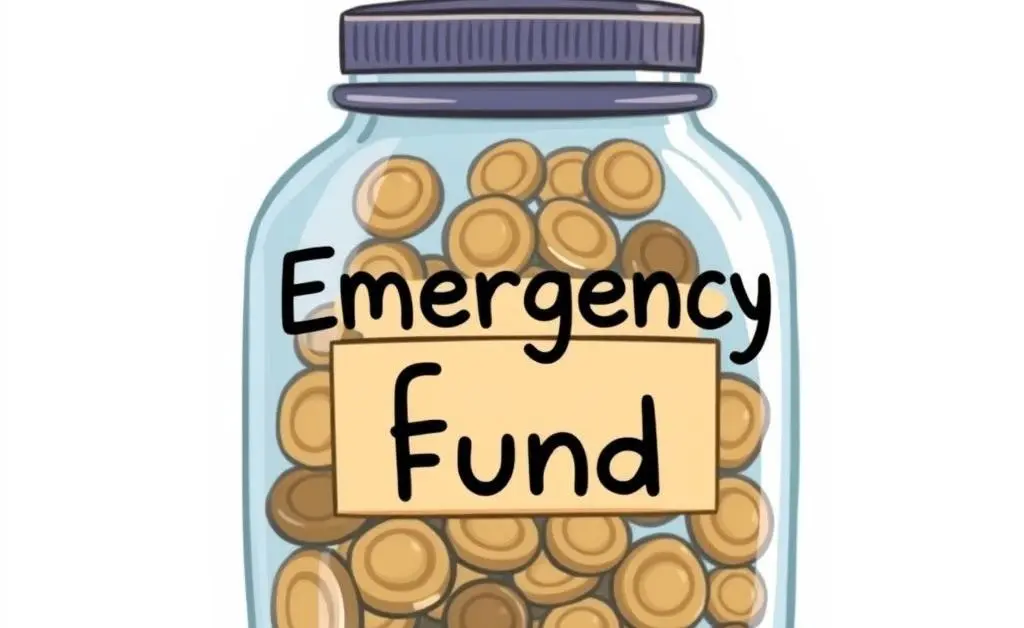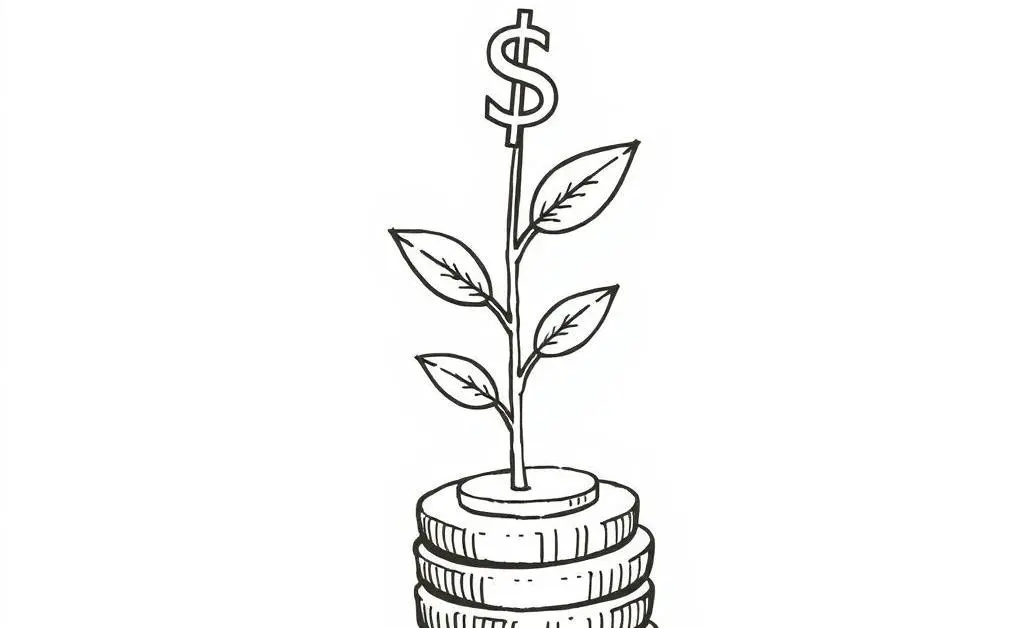How to Get Serious About Money: A Guide for Rookies
Learn how to start managing your money seriously—budget, save, and invest smartly for a financially secure future.

Are you ready to take charge of your finances? Let's face it, managing money can be daunting, especially if you're just starting out. But getting serious about your money is one of the best decisions you can make for your future self. Whether you're planning for an emergency fund or dreaming about a comfortable retirement, learning to budget, save, and invest wisely can pave the way. But how do you start making these changes? Let's dive in!
Why It’s Essential to Get Serious About Money
Managing your money effectively is not just about paying bills on time. It’s about building a secure foundation for your future. Picture this: it's the end of the month, and a co-worker invites you to an impromptu dinner. Sound familiar? Without a grasp on your finances, you'll probably wonder, "Can I actually afford this?" Here’s what taking control can do for you:
- Gives you peace of mind knowing you can cover both expected and unexpected expenses.
- Frees up headspace to focus on hobbies and friendships.
- Allows you to plan big, exciting goals like traveling or starting a business.

Simple Steps to Start Budgeting
Overwhelmed by the idea of budgeting? No worries; every financial whiz started somewhere. Here’s a system to guide you:
- Track your spending for a month using an app or a simple spreadsheet.
- Identify essential expenses (rent, utilities, groceries) versus discretionary spending (eating out, shopping).
- Create a realistic budget plan prioritizing savings.
- Review and adjust your budget monthly.

Saving for the Safety Net: The Emergency Fund
An emergency fund is your financial buffer against life's surprises—be it a car repair or an unexpected vet bill. Experts suggest having three to six months' worth of expenses saved up. Start small and build from there; every little bit counts!
Where Should You Stash That Cash?
Your emergency fund should be easy to access but not so easy that you’re tempted to dip into it. A high-yield savings account is usually a good choice.

Investing: Planting Seeds for Your Financial Future
Once your emergency fund is growing and your budget is in place, why not let your money work for you? Investing can seem intimidating, but it's not just for Wall Street wizards. Here are some beginner-friendly options:
- Low-cost index funds: These funds diversify your investment and often have lower fees.
- Robo-advisors: Automated platforms that manage your investments based on your goals.
Remember, the earlier you start investing, the more time your money has to grow. So, what's holding you back?
Final Thoughts
Getting serious about money matters is like starting a new hobby; the earlier you begin, the better you become at it. And just like any new skill, the key is consistency, patience, and giving yourself a few pats on the back along the way. Ready to reshape your financial future? Start now, and you might find yourself not just surviving, but thriving! What's your next step towards financial empowerment?




